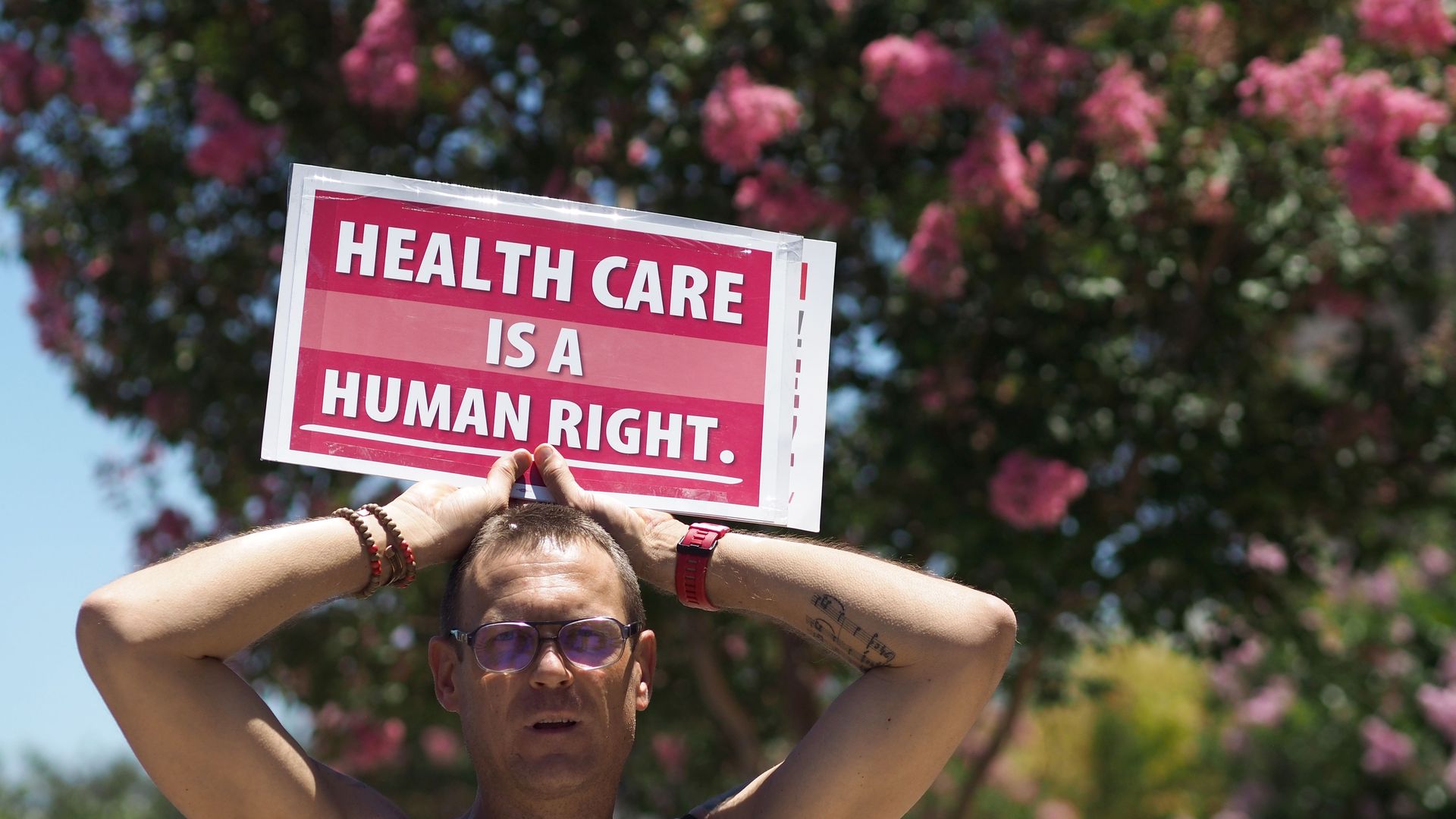Dec 14, 2018 - Health
The financial impact of big medical bills
Add Axios as your preferred source to
see more of our stories on Google.

Photo: Robyn Beck/AFP/Getty Images
Add Axios as your preferred source to
see more of our stories on Google.

Photo: Robyn Beck/AFP/Getty Images